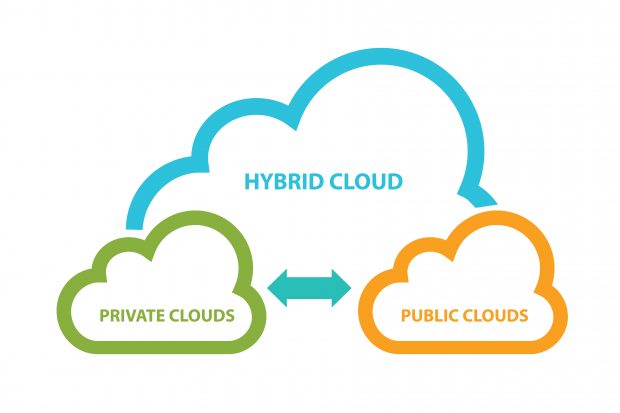
Credit union service organizations serve as a model for how the industry focuses on maintaining a culture of cooperation, which has allowed them to continually cultivate solutions for improving member facilities.
In 2017, the NCUA reported 946 registered CUSOs in the U.S., growing from 882 in 2016. Ninety-six percent of CUSOs serve less than 100 credit union customers, 74% have one owner, and two CUSOs have more than 1,000 credit union owners.
CUSOs provide competitive advantages and economies of scale, and deliver tech innovation, vision, reduced service expenses, and sometimes additional revenue streams.
“The arc of technology innovation has never been greater than it is today. The use of the latest coding languages, architectural design strategies and use of APIs makes it possible for CUSOs to deliver powerful state of the art services that level the competitive playing field in the marketplace,” Michael Carter, executive vice president, Memphis, Tenn.-based independent contract advisory firm, Strategic Resource Management.
There are multiple benefits for credit unions to partner with a CUSO, Larry Nichols, president and CEO of CUSO Farmington Hills, Mich.-based CUSO, Member Driven Technologies, which provides a secure, hybrid cloud alternative for core banking and IT needs, stated. “CUSOs understand the credit union culture and business. At MDT, added efficiency is one of the greatest benefits we provide to our clients. We host the Symitar core platform along with dozens of other critical IT solutions necessary to run an institution, while allowing credit union clients to maintain a high level of control over their own data.”
CUSOs do experience some growing pains. For MDT, in business since 2003, the biggest challenge in the beginning was not the service or solutions it provided, but rather the legal and operational building blocks required to start a business, Nichols explained. “Once we got those squared away, it's been a bit of a fairytale for us – we've grown tremendously over the past 15 years and have expanded to now serve more than 115 credit unions representing more than $22 billion in assets.”
Carter said the challenge in the early years is reaching the critical mass necessary to operate profitably. “Once there are enough participating credit unions it provides the CUSO operator with the economics that make the business model viable.”
Raleigh-N.C.-based CUSO Constellation Digital Partners, which provides a cloud-based marketplace that enables credit unions to connect with app developers, recently announced the release of Aquarius, the first implementation of its open development digital banking platform since the CUSO launched in May 2017. “By utilizing Amazon Web Services, we have a degree of scalability and extendibility that other legacy providers simply cannot match, such as the potential to react to increases in traffic, new clients and new opportunities,” Constellation founder and CEO Kristopher Kovacs said.
Read the full article in the April 18 issue of CU Times.
© Touchpoint Markets, All Rights Reserved. Request academic re-use from www.copyright.com. All other uses, submit a request to [email protected]. For more inforrmation visit Asset & Logo Licensing.







